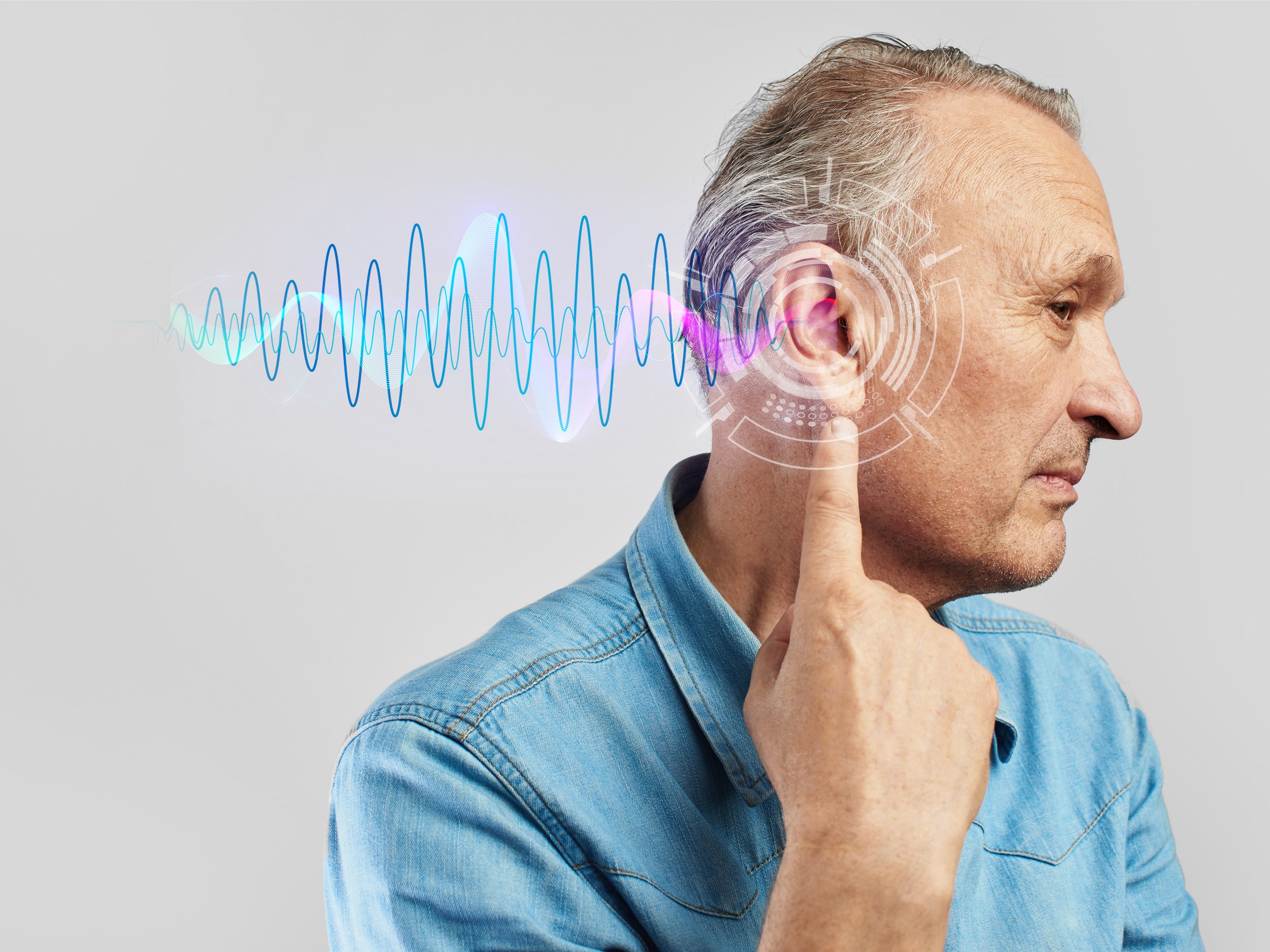
A Machine Learning Approach for Early Identification of Prodromal Parkinson’s Disease
A study suggests voice analysis in RBD patients may help detect early Parkinson’s progression. AI monitoring of voice, movement, and walking patterns shows promise but needs further validation.

Obsessed with Sleep
The New York Times delves into the rise of sleep optimization, noting the risks of 'orthosomnia'—an excessive focus on perfect sleep that can backfire. While aids like magnesium and gadgets help some, experts emphasize simpler habits.

Cognitive, Motor, and Autonomic Function Among Individuals with Serotonergic Versus iRBD
A study by Dr. Michael Howell and NAPS team at University of Minnesota found key differences between RBD triggered by antidepressants (Serotonergic RBD) and idiopathic RBD (iRBD). Follow-up ongoing to assess neurodegenerative risks.

Acetyl-DL-Leucine in Two Individuals with RBD Improves Symptoms
A recent study reported on two individuals with RBD treated with acetyl-DL-leucine (ADLL). Both had significantly decrease in severity of RBD symptoms, with improvements sustained for over 18 months. More intriguingly, both individuals had change in dopamine transporter imaging and brain imaging patterns opposite from what would be expected for Parkinson's disease, suggesting that ADLL might have a neuroprotective effect.
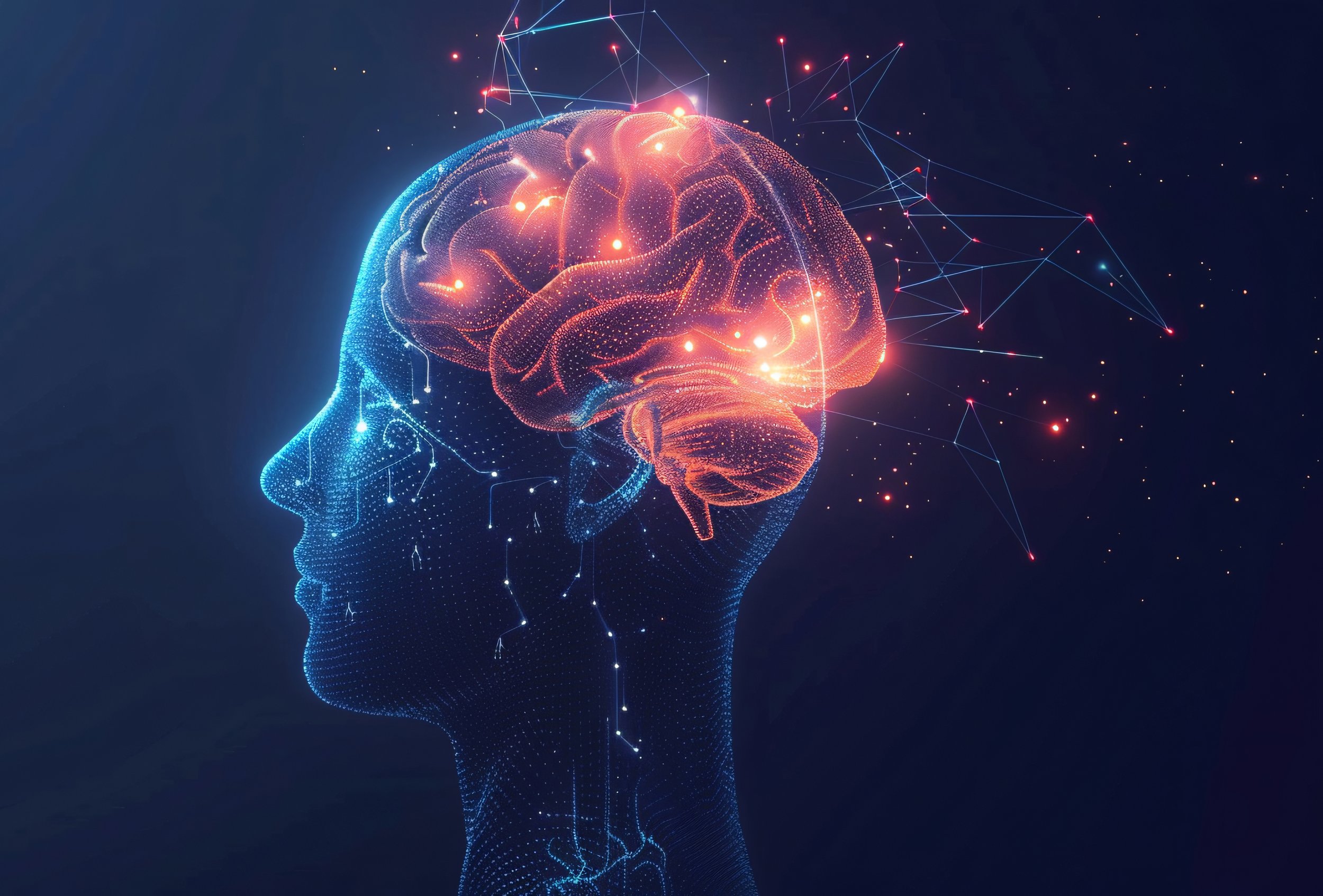
CSF Markers of Neurodegeneration Alzheimer’s and Lewy Body Pathology in Isolated RBD (iRBD)
Researchers at Hospital Clinic of Barcelona, Spain analyzed cerebrospinal fluid (CSF) from 148 patients with isolated REM sleep behavior disorder (iRBD) to find biological signals linked to neurodegenerative diseases. The study team used advanced techniques to measure proteins, including misfolded alpha-synuclein and Alzheimer’s markers, and tracked participants longitudinally to determine whether these markers may predict disease development.
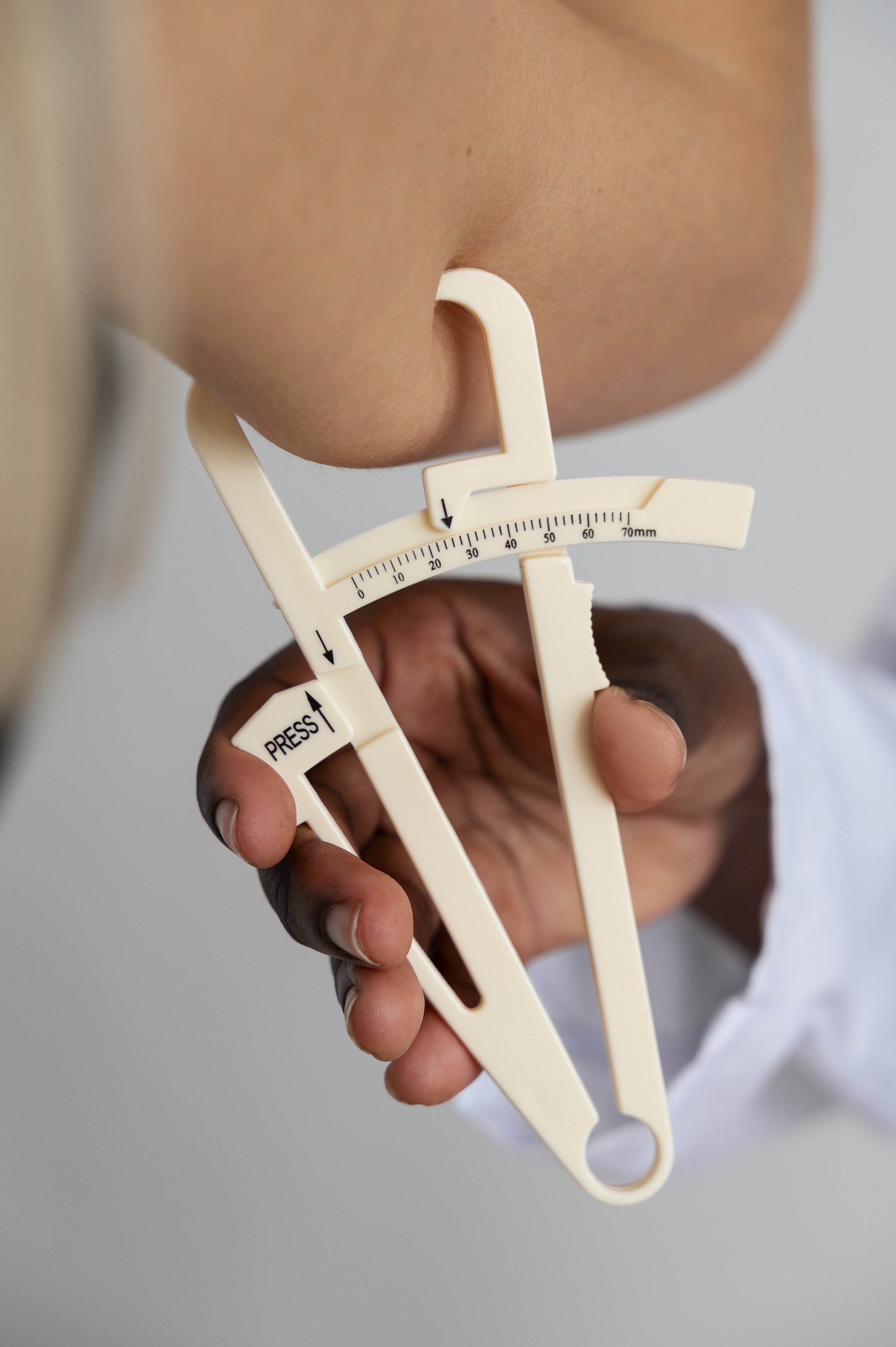
Does Your Body Composition Affect Your Risk of Dementia or Parkinson's?
Researchers found that higher levels of belly and arm fat are associated with increased risk of developing Alzheimer's and Parkinson's diseases, especially among those with lower muscle strength. The study showed that individuals with high belly fat had a 13% higher risk, and those with high arm fat had an 18% higher risk of these neurodegenerative diseases compared to their counterparts with lower fat levels.

Fecal Microbiota Transplantation Had No Benefit as Parkinson Disease Treatment
A recent study evaluated the effects of fecal transplant in improving clinical symptoms in PD. This study showed that fecal transplant did not lead to meaningful improvement in Parkinson's disease. The role of the gut in PD is still an interesting concept in how the disease evolves and more studies are needed to evaluate interventions that are based on altering gut flora as a possible therapeutic intervention.
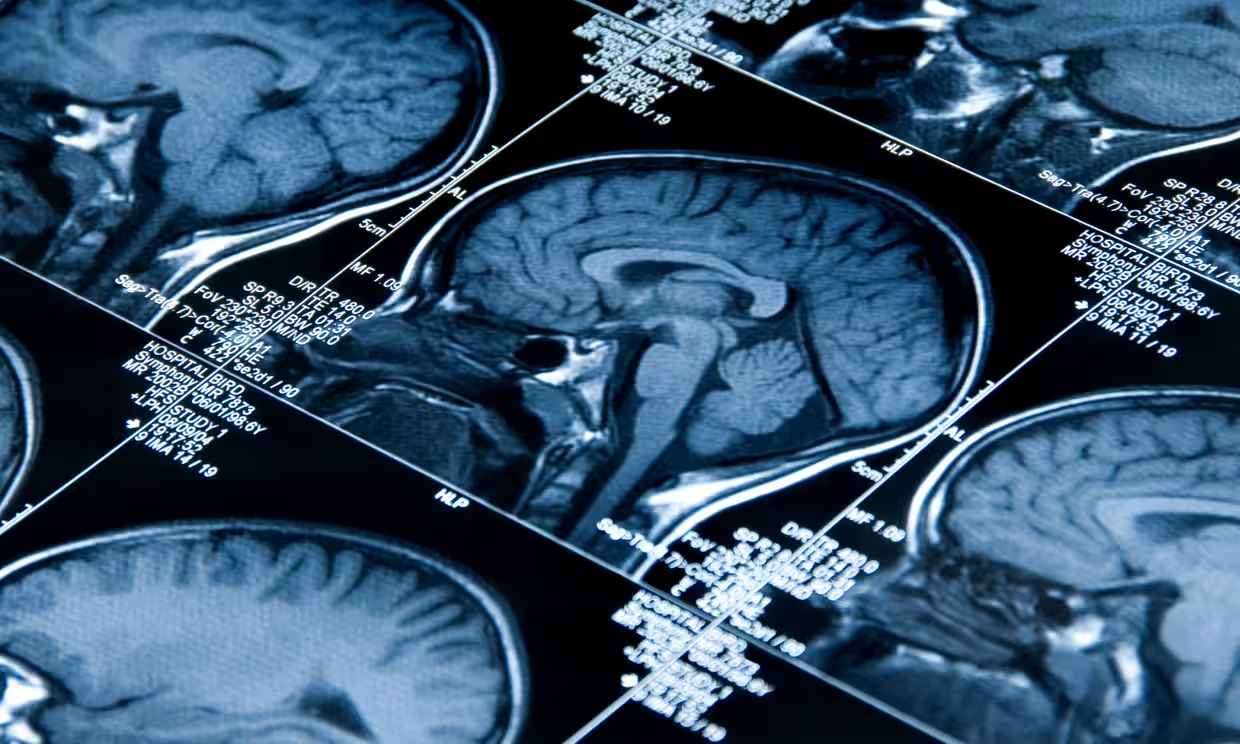
Night Owls’ Cognitive Function ‘Superior’ to Early Risers, Study Suggests
The notion that night owls who stay up late struggle to be productive during the day might need rethinking.

Processed Red Meat Has Been Found to Raise the Risk of Dementia
Processed red meat has been found to raise the risk of dementia according to preliminary research presented at the Alzheimer's Association International Conference.
The study tracked more than 130,000 adults in the U.S. for up to 43 years. During that period, 11,173 people developed dementia. Those who consumed about two servings of processed red meat per week had a 14% greater risk of developing dementia compared to those who ate fewer than three servings per month.

How Much Do You Know About Your Dreams?
Dreaming might help us practice handling threats, process emotions, and make sense of information. While many aspects of dreaming remain mysterious, researchers have uncovered some surprising insights. Curious about what you know about dreaming?

Plasma Proteomics Identify Biomarkers Predicting Parkinson’s Disease up to 7 Years Before Symptom Onset
A recent study found that 23 different proteins may help predict Parkinson’s disease (PD) and help differentiate people who may develop PD. The study also discovered that people with isolated REM Sleep Behavior Disorder (iRBD) had inflammatory blood markers suggesting the role of inflammation in the development of PD.

Is Sleep the Ultimate Brainwasher? 🧼🧠
Researchers at Washington University School of Medicine discovered that during sleep, brain cell activity generates fluid movement that clears debris from the brain.
This process, driven by synchronized neural activity producing rhythmic waves, is crucial for removing metabolic waste, potentially offering new approaches to treating neurodegenerative diseases like Alzheimer’s and Parkinson’s.

The Research Renaissance: Exploring the Future of Brain Science Podcast | Unlocking the Mysteries of Sleep with Dr. Alon Avidan
In this podcast, Dr. Avidan shares his insights on how sleep impacts brain health and explores the bidirectional relationship between sleep disorders and neurodegenerative conditions such as Parkinson’s disease and Alzheimer’s disease.

From “Fits” to Parkinson’s Disease
NAPS Investigator, Alon Avidan, MD, and a team of researchers measured the extent of diagnostic delay and identified common misdiagnoses. The range of initial diagnoses given at time of presentation included night terrors, nightmares, anxiety/panic, severe obstructive sleep apnea, Parkinson’s disease, and foodborne illness.

Sleep Position May Influence Risk for Neurodegenerative Diseases
A new study from the Mayo Clinic suggests that sleeping in the supine position may be a modifiable risk factor for neurodegenerative diseases such as Alzheimer’s, Parkinson’s, and mild cognitive impairment.
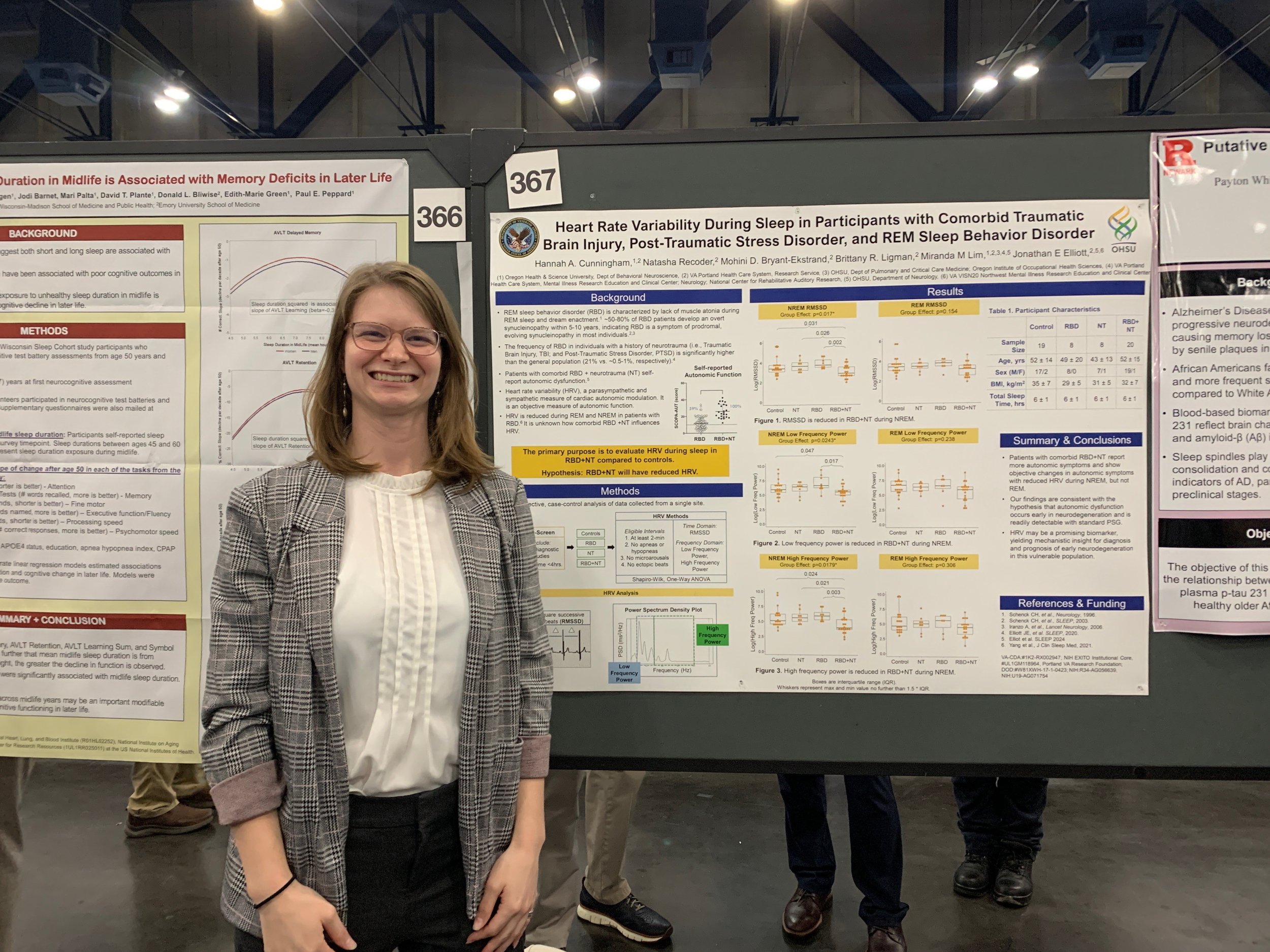
Heart Rate Variability During Sleep in Participants with Comorbid Traumatic Brain Injury, Post-Traumatic Stress Disorder, and RBD
NAPS Investigator, Miranda Lim, MD, Hannah Cunningham, and a team of researchers from Oregon Health & Science University conducted a study to compare heart rate variability during sleep in patients with both RBD and neurotrauma (RBD+NT) in comparison to only RBD, only neurotrauma, and controls.
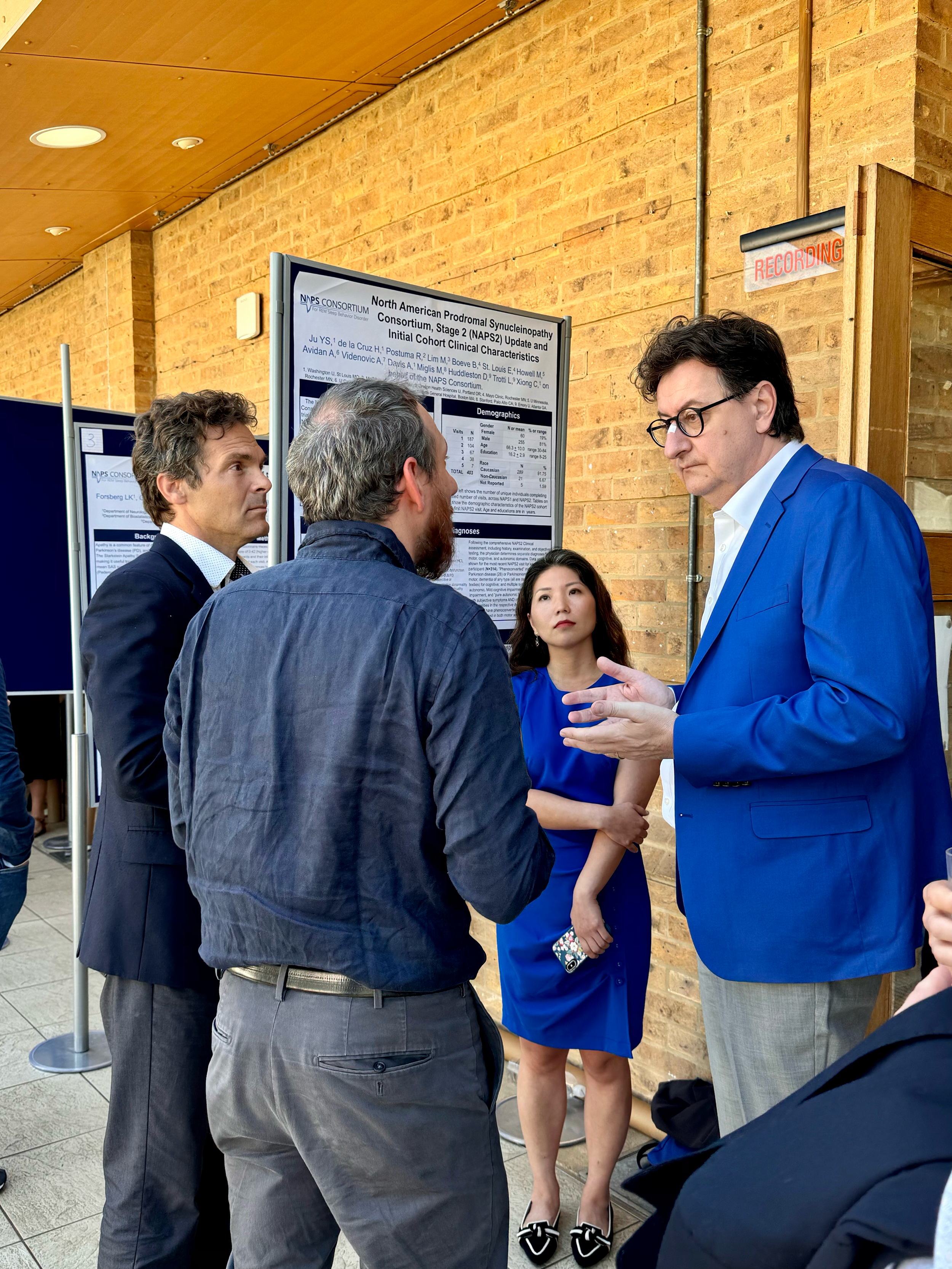
Annual International RBD Study Group Meeting | June 2024
The annual International RBD Study Group meeting took place in the United Kingdom in June.
Several NAPS investigators and support teams attended and contributed to leading discussions for the event. They highlighted advancements in clinical research, discussed research design and outcomes, and shared updates from the NAPS study.

REM Sleep Behavior Disorder (RBD): Personal Perspectives and Research Priorities
Dr. Carlos Schenck from the Minnesota Regional Sleep Disorder Center recently published a paper that offers a historical and personal perspective on REM Sleep Behavior Disorder (RBD) since its original discovery in 1985. As we approach the 40th anniversary of this discovery, Dr. Schenck's insights shed light on the significant milestones achieved following his initial observation in 1986.

High-Intensity Exercise Can Reverse Neurodegeneration in Parkinson’s Disease
A new study suggests that high-intensity exercise may not only slow down but also potentially reverse neurodegeneration in Parkinson’s disease by preserving and enhancing dopamine-producing neurons. This finding is significant as it demonstrates, for the first time via brain imaging, that intense exercise can positively alter the brain's biology in Parkinson’s patients.
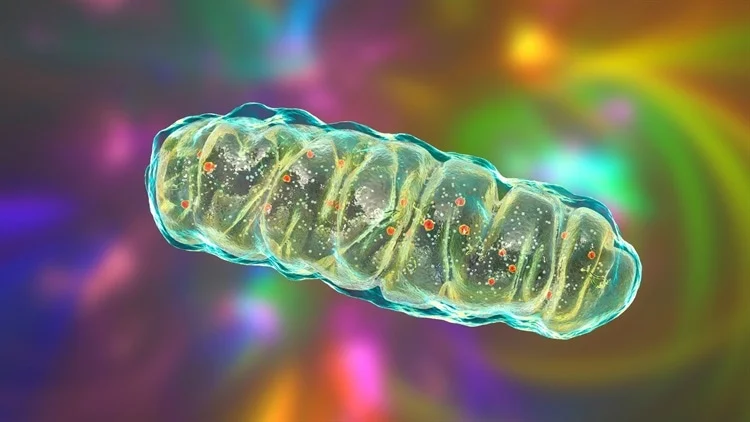
New Blood Test Pinpoints Parkinson's Disease Through Mitochondrial DNA Damage
In a recent study published in the journal Science Translational Medicine, researchers investigate the potential of mitochondrial deoxyribonucleic acid (mtDNA) injury as a serological marker for Parkinson's disease (PD) using the novel Mito DNADX test.
